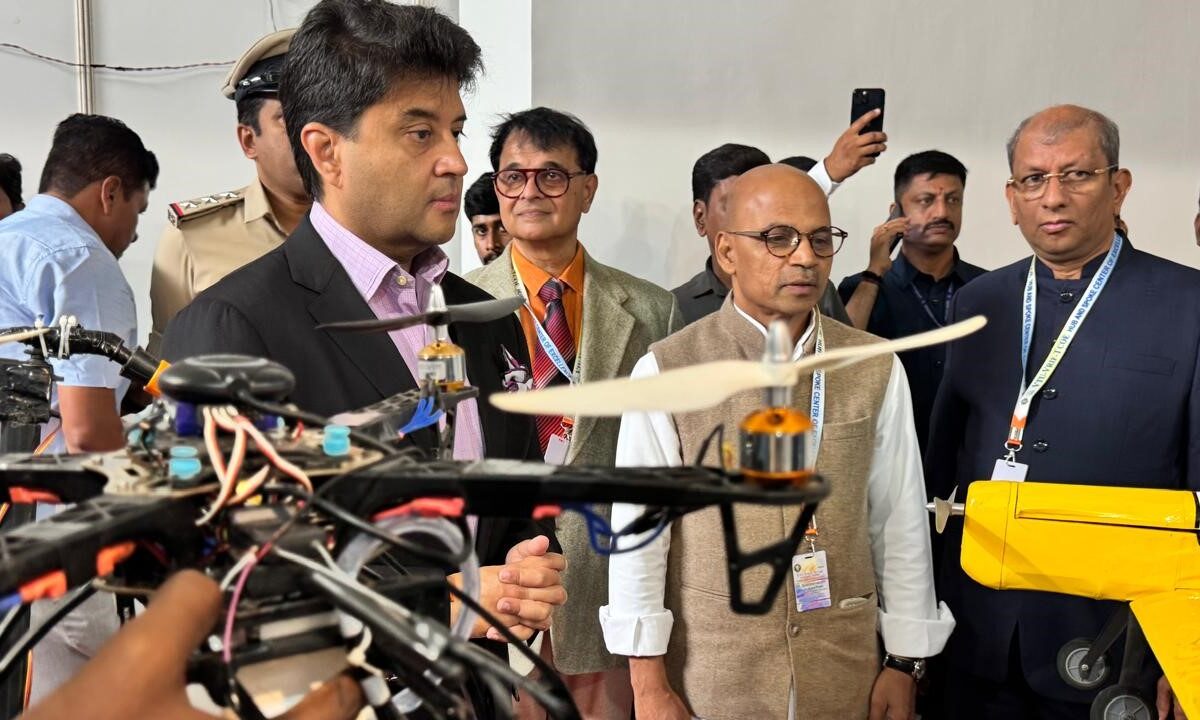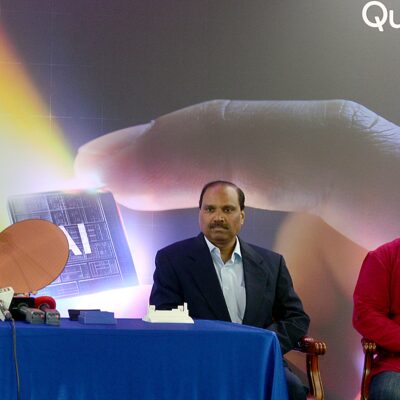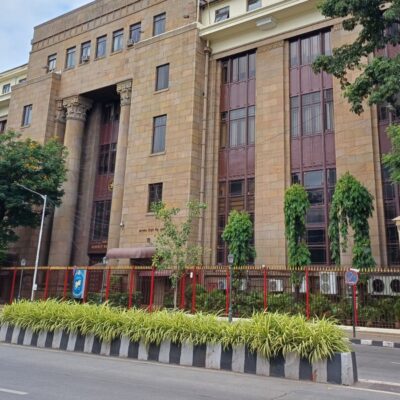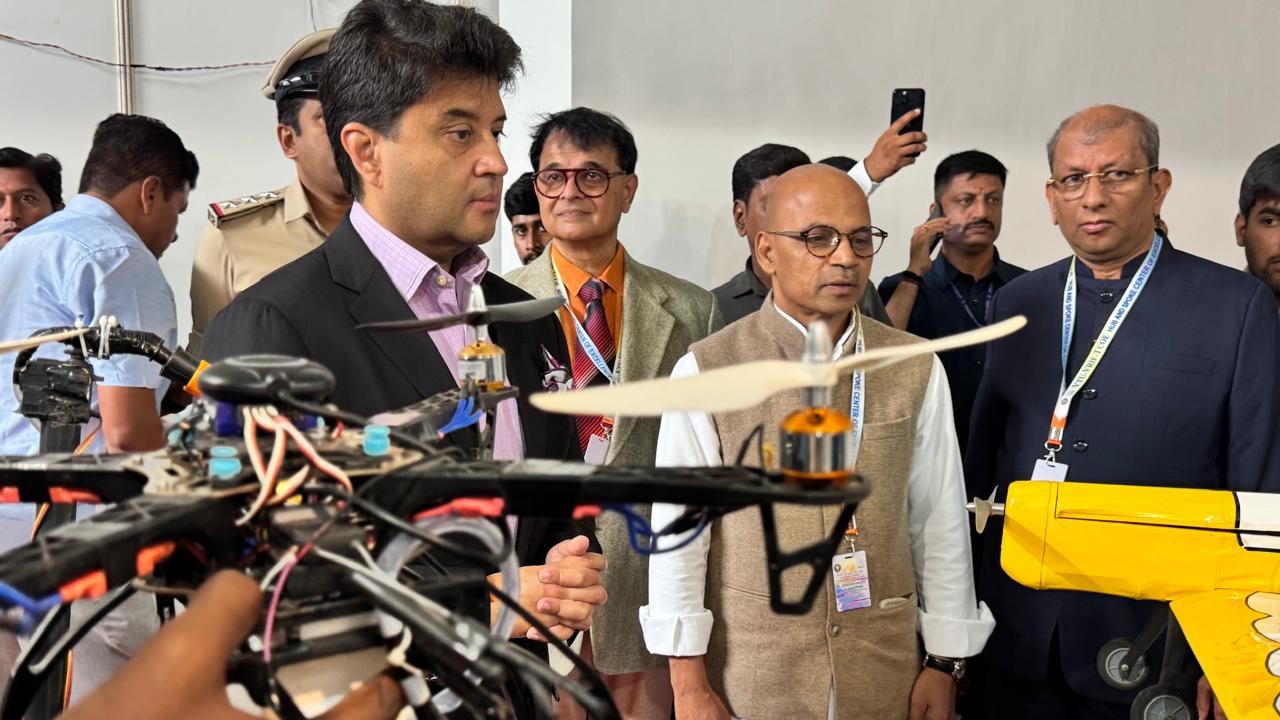
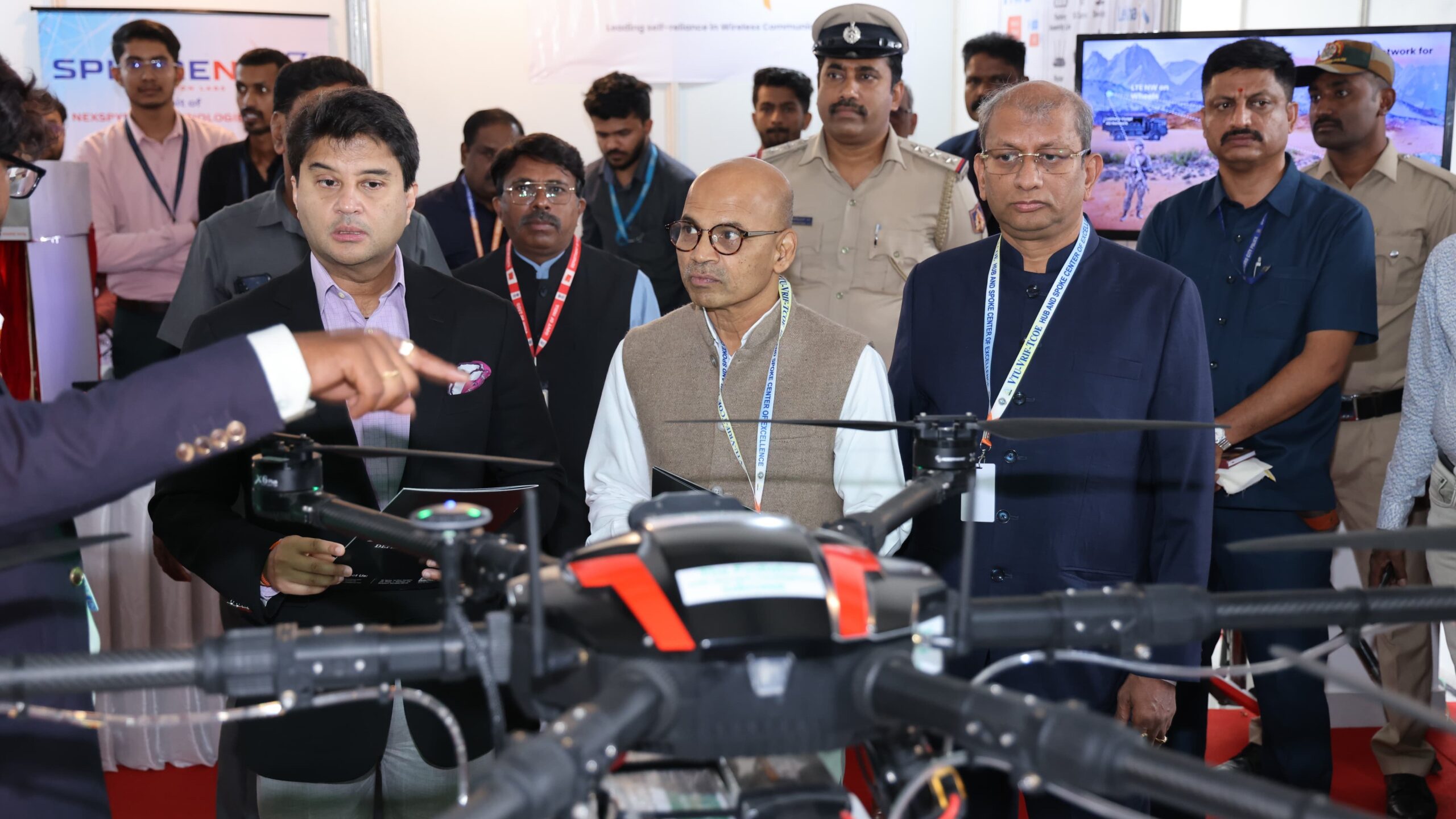
Bengaluru: In a fillip to India’s innovation and skilling ecosystem, the Telecom Centre of Excellence (TCOE) — a first-of-its-kind national initiative aimed at advancing research, innovation and capacity building in next-generation technologies, was inaugurated recently.
The TCOE, established under a collaborative framework between the Visvesvaraya Technological University (VTU) and the Visvesvaraya Research and Innovation Foundation (VRIF), follows a hub-and-spoke model to drive impact at scale.
The launch event was held at VTU’s Bengaluru Regional Office in the presence of Union Minister for Communications, Jyotiraditya M. Scindia, Minister for Skill Development, Medical Education and Livelihood, Dr. Sharanaprakash R. Patil from the Karnataka government, and VTU Vice-Chancellor Prof. Vidyashankar S.
“This national-level centre is poised to become a catalyst for advanced research and development, next-generation skilling, and industry-integrated innovation,” Dr. Patil said.
The centre will focus on cutting-edge domains such as 5G/6G communication, Artificial Intelligence (AI), Machine Learning (ML), Augmented and Virtual Reality (AR/VR), quantum computing, healthcare technology, and other frontier areas.
Operating from its central hub at VTU’s Bengaluru campus, the TCOE will coordinate with 30-plus affiliated spoke institutions across Karnataka to promote region-specific research, build advanced infrastructure, and nurture local innovation ecosystems.
The centre will also feature startup incubation units, domain-specific skilling centres, strategic partnerships with key industry players such as Televerge, Tejas Networks, VVDN Technologies, Keysight Technologies, and the Telecom Sector Skill Council (TSSC).
With VTU’s academic network of over 228 affiliated colleges, 400,000-plus students, and 20,000-plus faculty and researchers, the TCOE aims to bridge the academia-industry gap, promote research, and scale skilling for India’s digital future.
“This convergence of academic depth and industry leadership will drive entrepreneurship, technological self-reliance, and large-scale job creation in emerging technological sectors,” Dr. Patil said.

